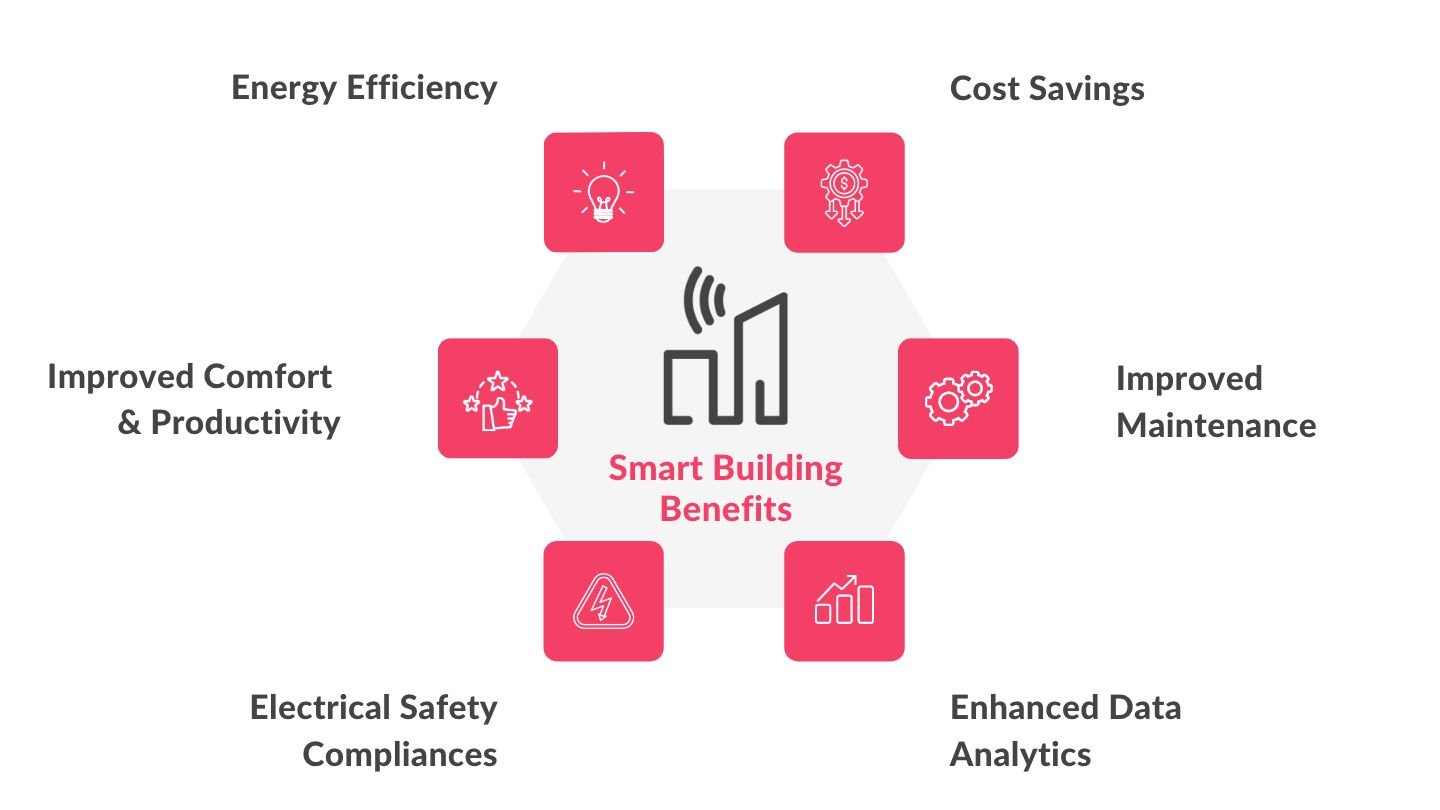In today’s fast-paced digital world, having a stable computer network is essential, whether for work, streaming, gaming, or staying connected with loved ones. Unfortunately, residents and businesses in Jacksonville often face network-related problems, ranging from slow internet speeds to devices frequently disconnecting. Understanding the root cause of these issues and learning how to address them can save time, money, and frustration. In this article, we’ll break down everything you need to know to tackle Jacksonville computer network issues with ease.
What Causes Computer Network Issues in Jacksonville?
Computer network issues can arise for several reasons, and Jacksonville is no exception. The city’s unique geography, local infrastructure, and environmental factors contribute to these challenges. Here are some common causes of network issues in Jacksonville:
- Internet Service Provider (ISP) Problems: Sometimes, the problem lies with the ISP. Congestion during peak hours, outdated equipment, or poor service quality can lead to slow internet speeds or dropped connections.
- Outdated Hardware: Many Jacksonville homes and businesses rely on old routers, modems, and cables that can’t handle modern internet speeds or the number of devices connected.
- Interference and Obstructions: Physical obstructions like walls, large buildings, and even bad weather can interfere with your Wi-Fi signal. Additionally, Jacksonville’s humid climate can affect the performance of outdoor network equipment.
- Configuration Errors: Misconfigured routers, firewalls, or IP settings can cause devices to disconnect or slow down your network.
- Malware or Viruses: Computers infected with malware can hog bandwidth or disrupt your connection entirely.
Understanding the root cause of your network problems is the first step in fixing them. Once identified, you can take specific actions to restore your network’s performance.
How to Fix Slow Internet in Jacksonville
Slow internet is one of the most common complaints from Jacksonville residents. Luckily, there are a few simple steps you can take to resolve the issue:
- Test Your Internet Speed: Start by running a speed test to see if your actual speeds match the plan you’re paying for. Websites like Speedtest.net can help you measure download and upload speeds. If your speeds are much slower than advertised, contact your ISP for assistance.
- Upgrade Your Plan or Equipment: If your current internet plan or hardware isn’t sufficient for your needs, consider upgrading. Many ISPs in Jacksonville offer high-speed fiber plans and modern equipment.
- Limit Bandwidth Usage: If multiple devices are streaming or downloading at the same time, your internet speed may slow down. Disconnect unused devices and prioritize tasks that require more bandwidth.
Check Your Network Cables
Faulty or outdated cables can cause major disruptions to your computer network. Jacksonville residents often overlook this simple fix, but ensuring your cables are in good shape is essential for optimal connectivity.
- Inspect Cables for Damage: Look for frayed wires, bent connectors, or loose plugs. Damaged cables can lead to intermittent connections or a complete loss of signal.
- Use High-Quality Ethernet Cables: Ethernet cables like Cat 6 or Cat 7 are more reliable than older versions. They support faster speeds and better performance over long distances.
If replacing cables doesn’t resolve the issue, you may need to investigate other potential causes of network problems.
Restart Your Router or Modem
Restarting your router or modem can resolve many temporary network issues. This process clears the device’s memory, fixes minor glitches, and forces it to establish a fresh connection with your ISP. Here’s how to do it:
- Turn off your router or modem and unplug it from the power source.
- Wait for at least 30 seconds to ensure the device resets fully.
- Plug it back in and turn it on. Allow a few minutes for it to reconnect to the network.
If this doesn’t work, check with your ISP to ensure there aren’t any outages or technical issues in your area.
Scan for Viruses
Viruses and malware can disrupt your network by slowing down your computer or hijacking your internet connection. To protect your network:
- Install a reliable antivirus program and keep it updated.
- Perform regular scans to detect and remove any malicious software.
- Avoid downloading files or clicking on links from unknown sources.
A clean, virus-free computer is crucial for maintaining a fast and stable network connection.
Why Do Devices Keep Disconnecting in Jacksonville Networks?
Frequent disconnections can be incredibly frustrating, especially if you’re in the middle of a video call or online gaming session. Here are a few reasons why devices might disconnect and how to fix them:
- Weak Wi-Fi Signal: Physical barriers like walls or furniture can weaken your Wi-Fi signal. Place your router in a central location to ensure even coverage throughout your home or office.
- Overcrowded Network: Too many devices connected to the same network can cause interruptions. Disconnect devices that aren’t actively in use.
- Outdated Router Firmware: Make sure your router’s firmware is up-to-date. Manufacturers often release updates to fix bugs and improve performance.
If the problem persists, it may be time to consider upgrading to a more advanced router.
How to Secure Your Jacksonville Network
Network security is a top priority, especially with the rise of cyberattacks and data breaches. A secure network not only protects your personal information but also ensures better performance by keeping unwanted users off your connection.
Change Your Wi-Fi Password Regularly
Changing your Wi-Fi password regularly can prevent unauthorized access to your network. Many Jacksonville residents are unaware that neighbors or hackers may be using their connections without permission. To change your Wi-Fi password:
- Log in to your router’s admin panel. You can usually access this by typing your router’s IP address into a web browser.
- Navigate to the wireless settings section and update your password.
- Choose a strong, unique password that combines letters, numbers, and symbols.
By restricting access to your network, you’ll enjoy faster speeds and increased security.
Enable Firewall Protection
A firewall acts as a barrier between your network and potential threats from the internet. Here’s how to enable firewall protection:
- Use Your Router’s Built-in Firewall: Most modern routers come with a built-in firewall. Log in to your router’s settings and enable this feature for added security.
- Install Software Firewalls: If your device doesn’t have a built-in firewall, consider installing third-party software to protect your network.
Firewalls help block malicious traffic, keeping your devices safe and your network running smoothly.
Use a Virtual Private Network (VPN)
A VPN adds an extra layer of security by encrypting your internet connection. This is especially useful for Jacksonville residents who work remotely or use public Wi-Fi. By masking your IP address, a VPN protects your personal data from hackers and snoopers.
Signs Your Network Needs Professional Help
While many network issues can be resolved on your own, some problems require the expertise of a professional. Consider calling a technician if:
- Your internet connection remains unstable despite troubleshooting.
- You frequently experience slow speeds or dropped connections.
- You need help setting up a secure and reliable network for your business.
Local Jacksonville IT specialists can diagnose and resolve complex network problems efficiently.
Best Practices to Avoid Jacksonville Network Problems
Preventing network issues is easier than fixing them. Follow these best practices to keep your Jacksonville network running smoothly:
- Keep your router’s firmware and antivirus software up-to-date.
- Regularly monitor your network for unusual activity.
- Invest in high-quality equipment, such as routers and Ethernet cables.
- Position your router in an open, central location for better coverage.
Perform Regular Router Maintenance
Your router is the heart of your network, and regular maintenance is key to its performance. Here’s what you can do:
- Dust and clean your router to prevent overheating.
- Reboot your router at least once a month to clear its memory.
- Check for firmware updates and install them promptly.
Taking these steps can extend your router’s lifespan and improve your network’s reliability.
The Bottom Line
Dealing with computer network issues in Jacksonville doesn’t have to be a headache. By understanding common causes, performing basic troubleshooting, and implementing preventative measures, you can enjoy a fast, secure, and reliable internet connection. If you’re still struggling, don’t hesitate to reach out to local IT professionals for help. A well-maintained network is essential for staying connected and productive in today’s digital world.
With these tips, you’ll be equipped to handle any Jacksonville computer network issue that comes your way!




